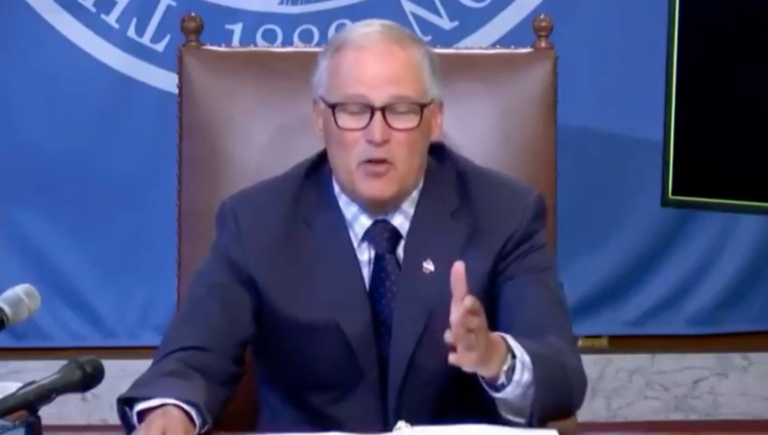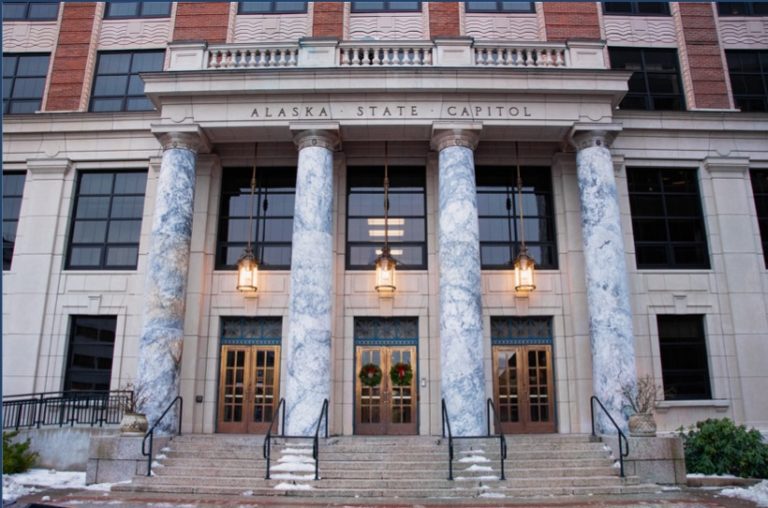By JOE SCHIERHORN AND JIM JANSEN
Alaskans have good cause for celebration. The recently approved Willow project can reverse the last 10 years of population decline and outmigration, provide hundreds of jobs, dramatically increase Alaska’s oil production, fund state services for the next 40 years, provide permanence to the PFD and the Permanent Fund and revitalize Alaska’s economy. At peak production, this major oil project on the North Slope will increase oil production in Alaska by up to 180,000 barrels per day.
Last fall, Santos sanctioned over $2.6 billion to start phase one of the Pikka project, which will produce up to 80,000 barrels per day, giving us another reason to celebrate. This, combined with the Willow project, could mean up to 50% more oil flowing through the pipeline.
Alaskans can be proud today. We have consistently voted to maintain tax stability over the last 10 years which ensured the investment climate to allow Willow and Pikka to be funded. The Alaska voter said no to the repeal of SB 21 in 2014, and no again in 2020 to a poorly designed initiative that would have raised taxes on our legacy fields by as much as 300%.
Stable tax policies have allowed North Slope producers to halt production decline from fields that are approaching the half century mark. And explorers continue to make world-class discoveries despite highly volatile oil prices. We have a bright future if we can keep Alaska competitive and continue to attract investment to our resources industries.
Despite these encouraging and hopeful facts, the Senate Rules Committee recently introduced SB 114 which would make significant changes to SB 21, increasing taxes on new fields and existing North Slope oil production.
Among other changes, it adds instability and complexity to the tax system by dramatically changing the deductibility rules for capital costs of new projects like Willow and Pikka, which negatively impacts project economics and cash flow. Not only is this short-sighted view blatantly unfair to an industry that made investment decisions based upon our current oil tax structure, but it is also a major risk to the future viability of our state should these changes derail these projects.
Alaska’s leaders must be diligent today. It’s time to keep our eye on the future, maintain our competitiveness and investment stability and enjoy the long-term prosperity we are offered with Willow and Pikka.
Changing our tax structure at this late date on those projects’ developments could spoil the greatest opportunity of this generation.
Joe Schierhorn is Chairman and CEO of Northrim Bank and co-chair of KEEP Alaska Competitive. Jim Jansen is the Chairman of Lynden and co-chair of KEEP Alaska Competitive. Photo: North Slope work, by Rob Bussell.








